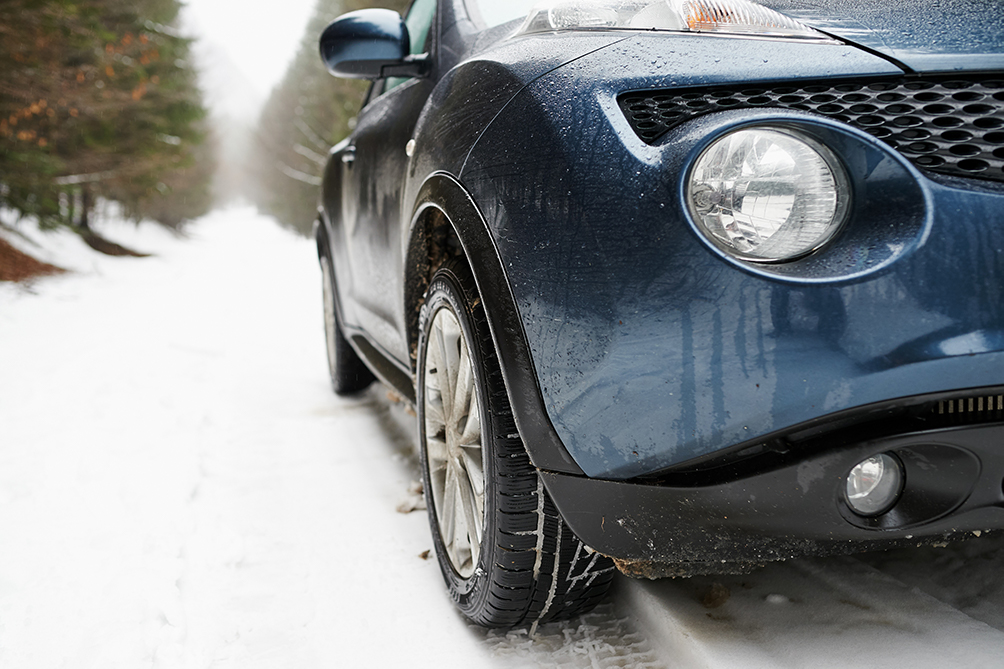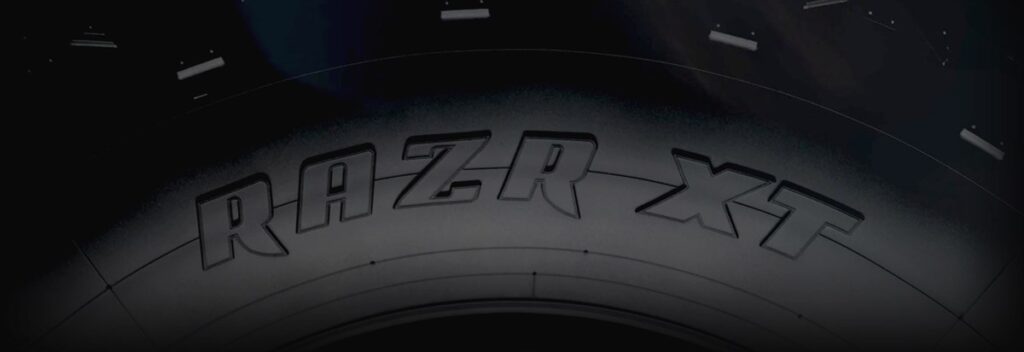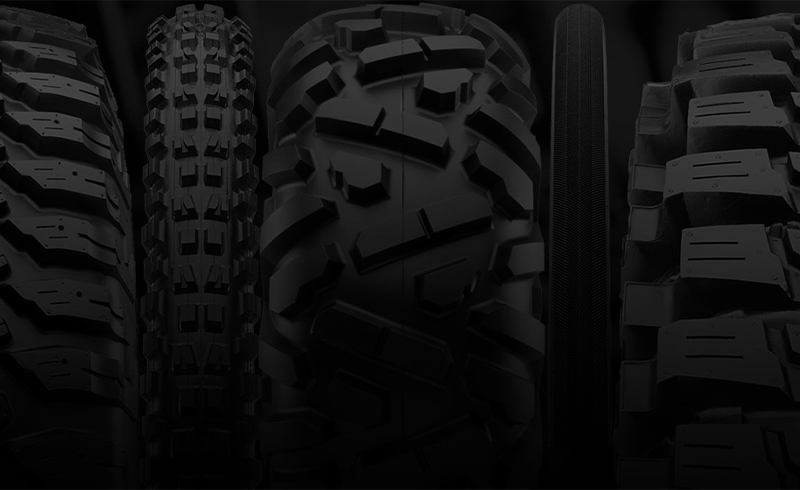We are well and truly into the height of winter and the weather can be very unpredictable. Are you regularly checking your tyres to ensure maximum road safety?
Make sure your tyres have adequate tread depth to keep you safe and legal by taking the 20p test.
Tread depth is vital for road safety and even more so in winter. The pattern in your tyres provide traction and grip to the road, helps clear water and reduces the chance of aquaplaning. With winter weather typically more wet, icy and snowy, your tyres need to be at their optimal condition. The simple 20p test requires using a 20p coin in the tread of the tyre, if you can see the outer rim of the coin you need to buy some new tyres.
Ensure your tyres are properly inflated and checked at least once a month and before any long journeys.
Keeping your tyres at the correct pressure has many benefits, including saving you money! If your tyres aren’t correctly inflated, this can result in your tyres wearing unevenly and reducing their life and their fuel economy, subsequently spending more money on fuel each month. With correctly inflated tyres, your car will handle much better and give you a more comfortable ride with increased traction and grip.
Check the condition of your tyres by looking for any lumps, bumps, bulges or cracks and remove any objects embedded in the tread.
Checking for cracks and bulges in your tyres can potentially save your life, as these can cause the tyre to burst at high speeds. These can be due to age, sharp objects or even poor driving habits. These defects commonly occur on the sidewall of your tyres, if spotted, repair or replace your tyres as soon as possible.
When checking the tread, pressures and condition, always remember to check the spare too.
Some newer cars may not be fitted with a spare tyre but if it does, always do a tyre check for any defects and tread depth to ensure it is road legal and safe, should the unexpected happen.
Remove wheels or jack the weight off any vehicles’ tyres that will not be used over the winter months.
This procedure is to help prolong tyre life and reduce the chances of your tyres forming any defects in storage. Once removed, store your tyres horizontally on top of each other if they are still attached to the wheel, otherwise, keep off the ground in a cool, dry, clean and ideally dark environment, away from any heating or hot water supplies.
Consider fitting your car with all-season tyres.
When the temperature drops below 7 degrees C, summer tyres won’t perform correctly. The compound used in summer tyres are specific for warm weather. The Premitra All-Season AP3 is reliable come rain, sleet and snow, helping you get from A to B whatever the weather. What’s more, you won’t need to change them when summer arrives.
For more information on keeping your tyres safe in winter, read our handy guide here.











